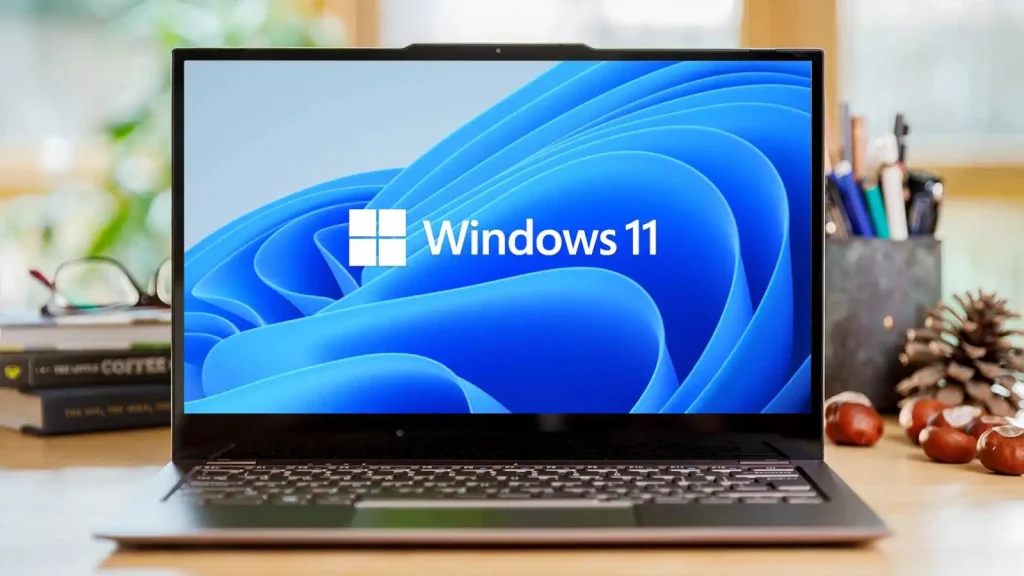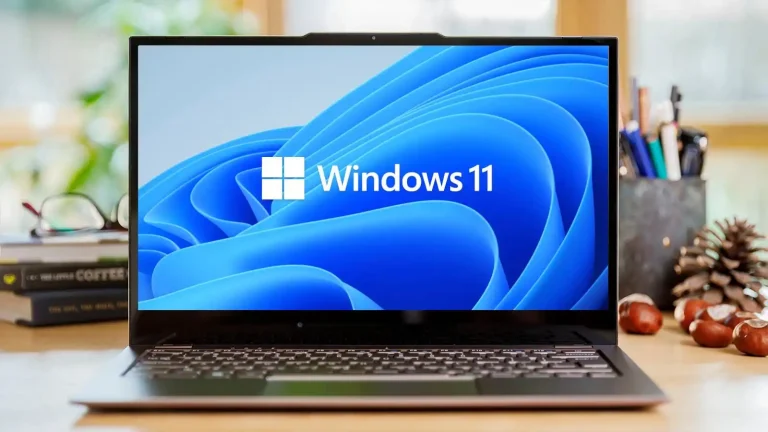
Windows 11 is one of Microsoft’s most modern operating systems, but many users report frustration with sluggish boot times. A computer that takes too long to power on can affect productivity and create daily annoyance. This is where learning how to Fix Windows 11 slow startup becomes essential. By understanding the reasons behind delayed boot and applying proven adjustments, you can restore the speed and efficiency your device should deliver. WindowsGizmo Quick Fix Guide is designed to help you make the most of your system without unnecessary technical confusion.
Why Windows 11 Startup Slows Down
When you notice delays every time you switch on your PC, it often stems from multiple factors working together. Startup apps, background services, disk usage, and outdated drivers can all contribute to a longer boot process. To Fix Windows 11 slow startup, it’s important to first recognize that Windows 11 is more resource-intensive than previous versions. The sleek design, animations, and additional security measures can tax your system. WindowsGizmo emphasizes that the problem doesn’t always come from weak hardware—it’s often about how the system is configured.
The Role of Startup Programs
One of the leading causes of slow boot times is the number of applications set to load at startup. Many apps automatically configure themselves to run the moment you power on, which leads to unnecessary delays. To Fix Windows 11 slow startup, reviewing and trimming down these apps is one of the most effective strategies. WindowsGizmo Quick Fix Guide recommends allowing only essential tools to run at startup, leaving the rest to launch only when you need them. This simple change can transform a frustratingly slow startup into a fast and efficient process.
Optimizing Windows Services and Background Tasks
Beyond visible startup programs, background services also affect how quickly your system boots. These can include cloud sync tools, update checkers, or third-party utilities. Adjusting background tasks is a vital way to Fix Windows 11 slow startup. WindowsGizmo experts often highlight that disabling or delaying certain services does not harm functionality but instead frees resources during boot. As a result, the operating system reaches the desktop faster, allowing you to start working immediately.
Managing Visual Effects for Faster Boot
Windows 11’s sleek animations and graphical effects add polish, but they can also delay overall responsiveness. To Fix Windows 11 slow startup, consider balancing appearance with performance by tweaking visual effects. Turning off features like transparency and unnecessary animations can shave seconds off startup and improve overall speed. WindowsGizmo Quick Fix Guide suggests that users who prioritize performance over flashy graphics gain the most noticeable improvements from this step.
Storage and Disk Optimization
Startup speed is closely tied to the condition of your storage drive. If your hard drive or SSD is cluttered with temporary files, caches, and system junk, it may take longer to load essential files during boot. Running cleanup tools and managing disk health is another way to Fix Windows 11 slow startup. WindowsGizmo highlights that SSD users especially should keep free space available to maintain high performance. Regular maintenance ensures your drive stays optimized and ready to deliver fast startup times.
Driver and Update Management
Outdated drivers and incomplete updates often result in longer startup times. To Fix Windows 11 slow startup, keeping drivers and the operating system fully updated is critical. Each update not only enhances security but also improves compatibility and stability. WindowsGizmo Quick Fix Guide stresses checking Windows Update regularly and ensuring important device drivers like graphics, chipset, and network adapters are always current. A well-maintained system boots faster and runs more reliably.
Adjusting Power Options for Speed
Power plans in Windows 11 determine how the system manages resources, including startup. Some settings prioritize energy saving, which can slow down the boot sequence. Choosing a high-performance plan is a proven way to Fix Windows 11 slow startup. WindowsGizmo Quick Fix Guide explains that while this setting may use more power, it reduces delays and allows your system to start at full speed. Users who need faster access to their desktops benefit greatly from making this adjustment.
Security Settings and Their Impact
Security features are vital, but they can sometimes slow boot times if configured inefficiently. Windows Defender and other antivirus programs scan at startup, delaying system readiness. To Fix Windows 11 slow startup, review your security software and ensure it’s not performing excessive tasks during boot. WindowsGizmo suggests relying on lightweight, integrated tools that keep your system secure without adding unnecessary delays. This ensures you remain protected without sacrificing speed.
Regular Maintenance for Long-Term Improvement
Even after applying adjustments, startup performance requires consistent care. Over time, software updates, new applications, and cached files can bring back delays. That’s why regular maintenance is part of the strategy to Fix Windows 11 slow startup. WindowsGizmo Quick Fix Guide encourages users to periodically review startup apps, clean storage, and check for updates. By making these habits part of your routine, you prevent slowdowns before they even begin.
Conclusion
A slow startup can make even the most advanced PC feel outdated. Thankfully, with the right steps, you can Fix Windows 11 slow startup and restore the speed your computer deserves. From trimming startup programs and managing services to optimizing storage and keeping updates current, every adjustment contributes to a smoother experience. WindowsGizmo Quick Fix Guide gives you practical methods to reduce delays, enhance efficiency, and ensure Windows 11 delivers the performance it was designed for. By focusing on smart configurations and consistent care, your system will boot quickly and operate smoothly, giving you more time to focus on what really matters.



